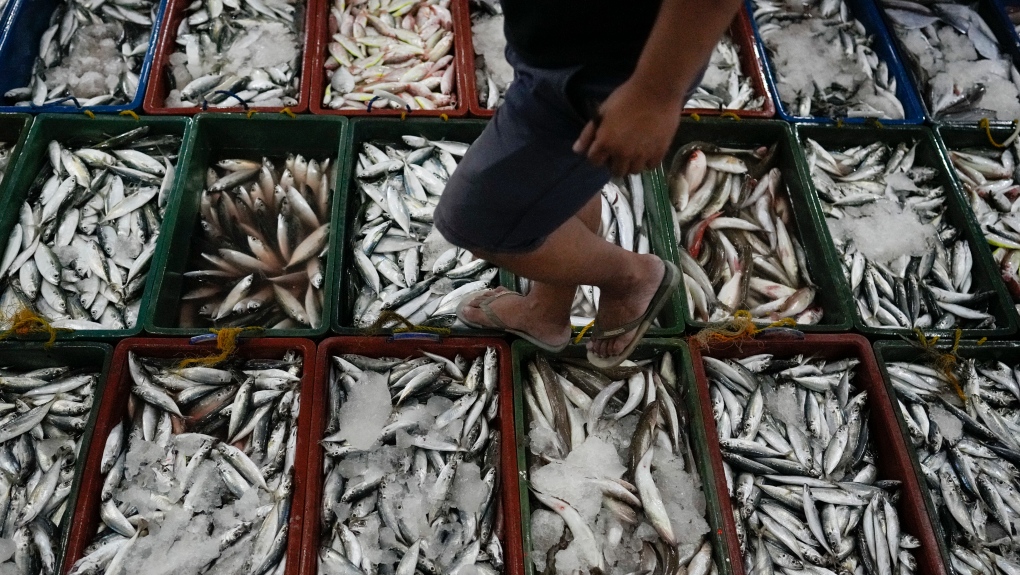
Fishing regulators need more transparency, ocean groups say
CTV
Some regional fisheries management organizations that were set up by the United Nations to measure and conserve fish populations need to be more transparent about how they make their rules and regulations if fish species are to be protected and maintained for people reliant on healthy fish stocks for their livelihoods, conservation agencies and fishing industry players say
Some regional fisheries management organizations that were set up by the United Nations to measure and conserve fish populations -- but are difficult to hold to account -- need to be more transparent about how they make their rules and regulations if fish species are to be protected and maintained for people reliant on healthy fish stocks for their livelihoods, conservation agencies and fishing industry players say.
The 50-some regional fisheries management organizations worldwide bring together local, coastal states and bigger international players to regulate how companies and countries can fish in waters worldwide in a way that best conserves populations of fish and other ocean species based on scientific evidence.
For years, these regional regulators have been accused of undemocratic practices that favor large, industrial fishers but now several conservation groups are banding together to renew calls for a culture change.
A coalition of conservationists and market players like Accountability.Fish, the Ocean Foundation, the Global Tuna Alliance and others have endorsed more open access to fisheries organizations' proceedings so that more members of the public can participate in conservation efforts.
Larger regional fishing management organizations contacted and the UN Food and Agriculture Organization -- the RFMO's parent body -- did not respond to requests for comment.
For local and non-commercial fishers who rely on well-managed fish stocks, it's unclear if more open measures will make a difference.
"I only hear of meetings on fisheries, but I have no idea what it is they discuss there. I have never been invited," said Kassim Abdalla, a fisher on Kenya's coast, who's part of a cooperative group of fishers. "In any case it is always a meeting of unequals. How can I compete with the well-financed fishing fleets from the developed nations and all I have is an outrigger canoe?"

 Run 3 Space | Play Space Running Game
Run 3 Space | Play Space Running Game Traffic Jam 3D | Online Racing Game
Traffic Jam 3D | Online Racing Game Duck Hunt | Play Old Classic Game
Duck Hunt | Play Old Classic Game